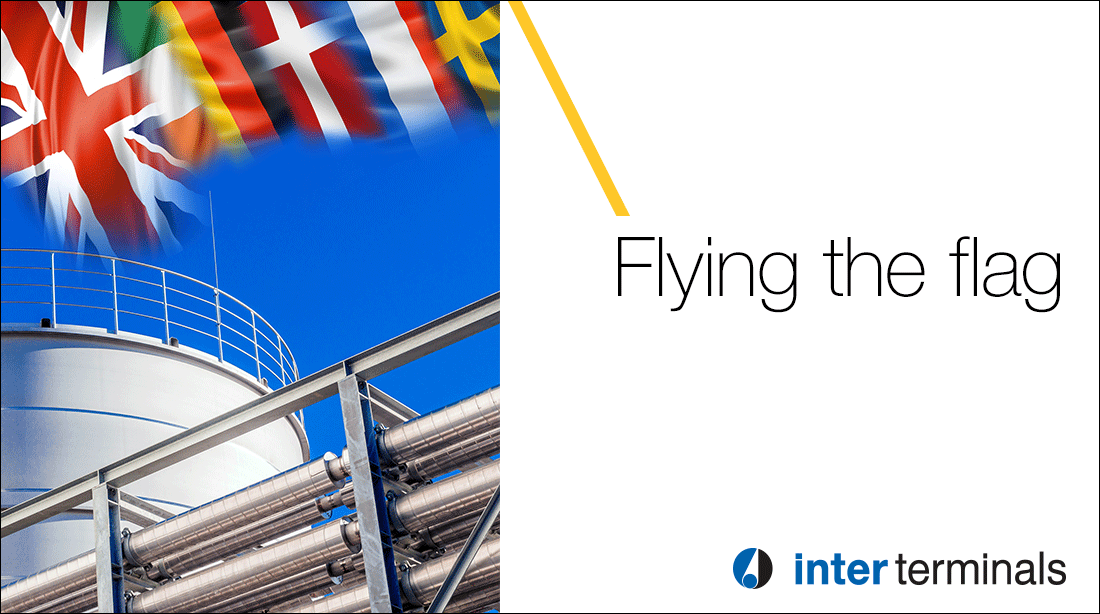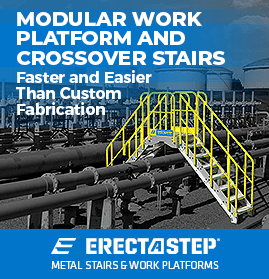Kathryn Clay, president of the International Liquid Terminals Association, has testified before the U.S. Surface Transportation Board (STB) on how current railroad demurrage rules adversely affect liquid terminal operators.
In 2014, the STB issued a final rule that allowed railroads the ability to seek compensation from storage facilities for delays in loading and unloading railcars (called demurrage). Previously, the railroads charged demurrage fees to their shippers, not storage facilities.
The rule change made terminal operators liable for monetary penalties, even though they had no contractual relationship with the railroads, and no control over the frequency or volume with which shippers may consign railcars to the terminals or deliver them back to the railroad. You can read Dr. Clay’s full testimony, as written, here.
She noted in her testimony: “In the last five years, since the 2014 final rule went into effect, the situation has become untenable for terminal operators…Railroads and terminal operators are increasingly involved in litigation over payment for demurrage incurred on railcars that they do not own and do not schedule.”
Dr. Clay also told the board: “In many cases, railroads have been unable to provide further substantiation when the charges have been challenged. Terminal operators have been forced to establish and maintain management systems that duplicate existing railroad systems to track railcar activity through their facilities to attempt proper evaluations of demurrage charges. The administrative burden of these efforts has been considerable.”
“To remedy the situation and restore the ability to ensure fair and transparent assessments of demurrage charges, we ask the STB to amend the 2014 ruling and remove the option of direct billing of these charges to consignees such as terminals.”
For more information visit www.ilta.org











